The Ethics of Story Catching
“Ethics is knowing the difference between what you have the right to do and what is right to do
”
In a world overflowing with stories; old and new, written and visual, personal narratives have become one of the most used methods to convey the outcomes and effects of events, programs and products. This is because authentic personal narratives are a powerful form of human expression and a sophisticated way of making sense of our world.
We all can recognise and celebrate the power of story, however is the same recognition given to the ethical responsibilities of the story catcher? I believe that story is sacred and attention must be given to the ethics of collecting and sharing the individual and community’s story. The following ethical principles are core to my practice as a ‘Story Catcher’.
Gaining informed consent
Attention must be paid to the ethics of collecting stories from individuals. It is suggested that you develop a process to track consent right from the start.
Consent; written or recorded, must be obtained from all storytellers and a record must be kept with the story files.
If a person or group is mentioned or identifiable within a story not told by them, ask the storyteller to consult the third party to check whether they are happy for their name to be mentioned in the story.
If a storyteller wants to tell a story about a third party without naming that person, the identity of that person should be protected.
In some countries, including Australia, children under the age of 18 years old cannot be interviewed without parental or legal guardian consent.
Explaining the methods of story capture and the uses of the stories captured
When a storyteller tells a story, the story catcher needs to explain how the story will be captured e.g. audio, film, photo or transcription.
It is also important to tell them how the story will be used and to check that the storyteller is happy for it to be used in this way e.g. written publications, social media, websites, meetings, conferences etc.
Confidentiality
The storyteller should also be asked whether they wish their name and or image to accompany the story. If not, names need to be deleted from the story and images and footage need to be unidentifiable. Understand that the storyteller has a right to remain anonymous.
Right of story removal
If the storyteller believes that their story is only going to be used for a certain purpose such as monitoring and evaluation, it would be unethical to publish the story in the local paper without consulting the storyteller. Even when consent has been given, it is good practice to check with the storyteller before placing any stories in external media such as newspapers, websites and social media.
The storyteller has the right to refuse and ask you to remove their story at any point in time.
Our stories are the song lines of our live’s it is for this reason I believe story is one of the most sacred things we possess and it needs to be treat as such.

